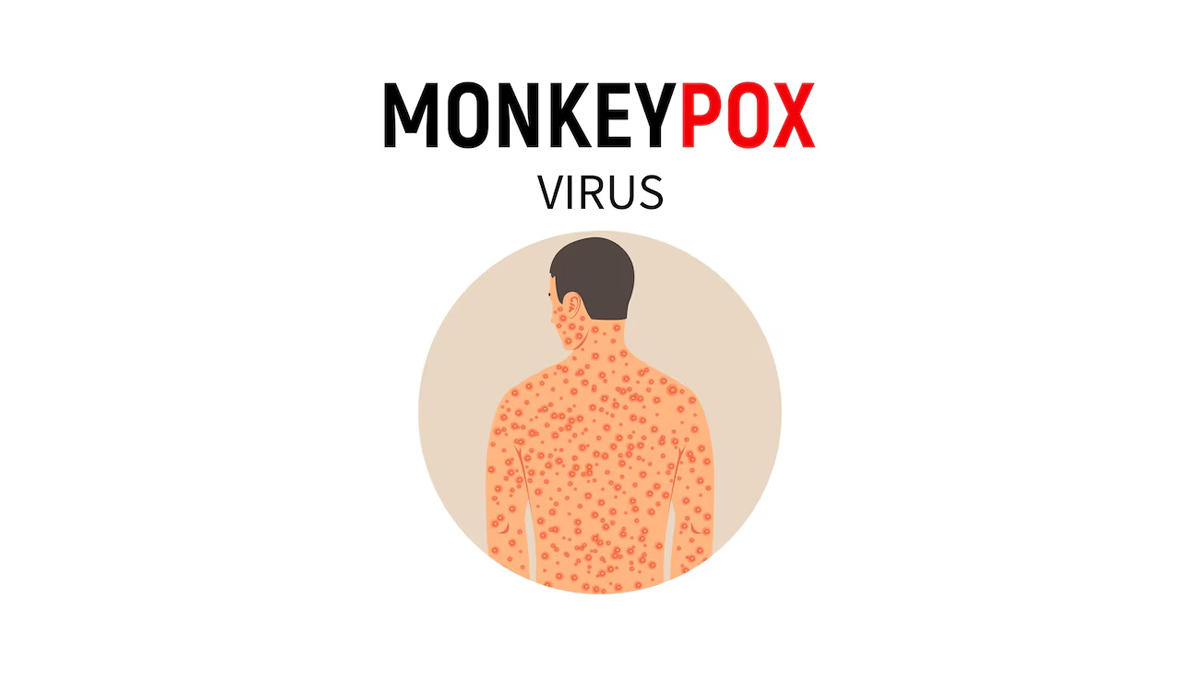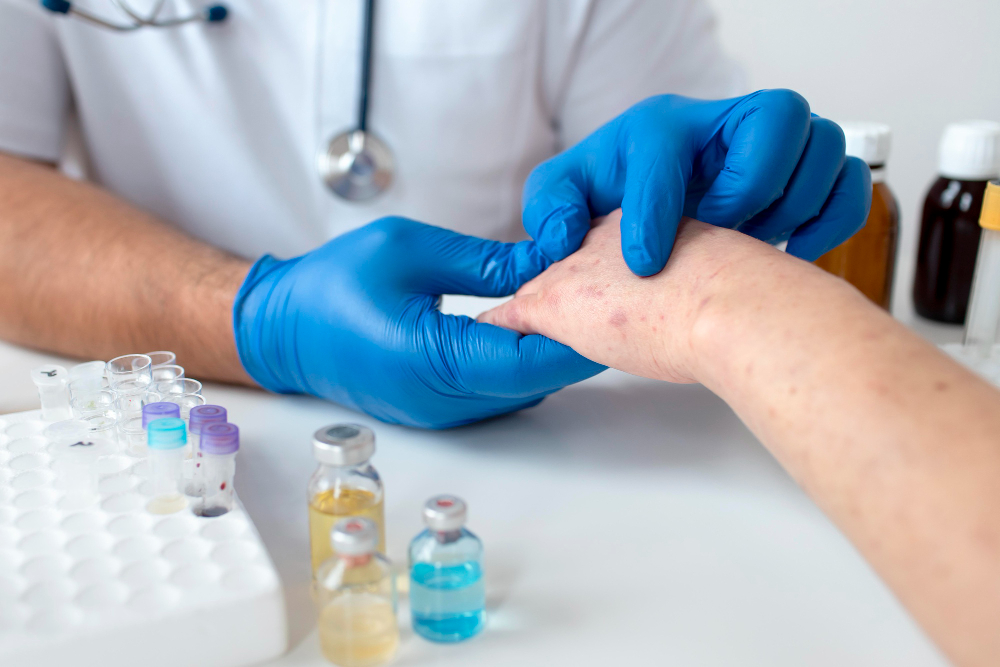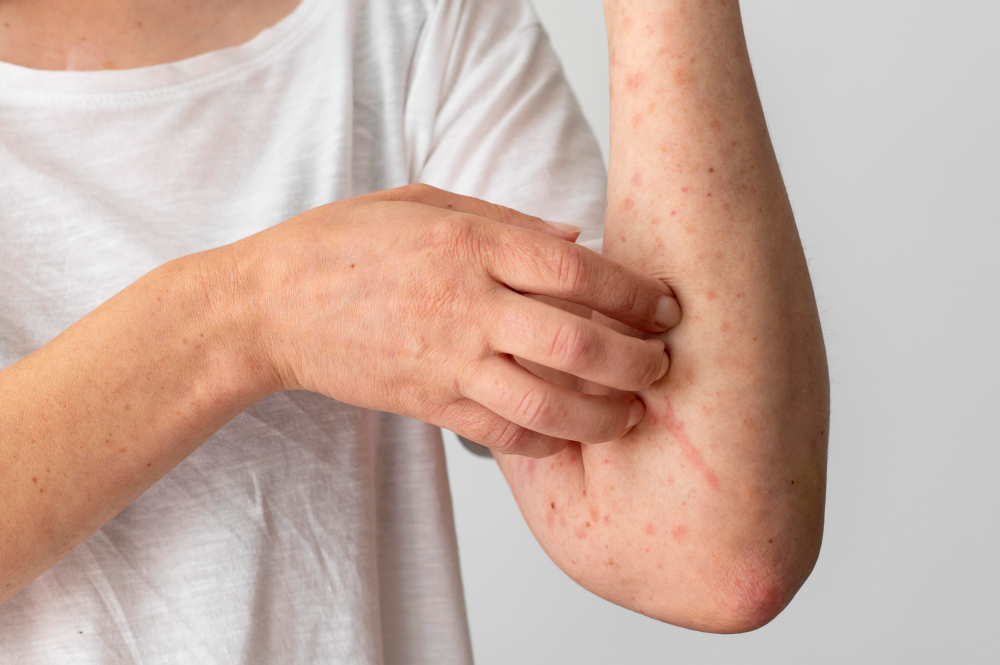
In a breaking story, India has confirmed its first case of Monkeypox in a patient who travelled from a country experiencing Monkeypox transmission. To understand this infectious and globally threatening disease, we spoke to Dr Piyush Mishra, General Physician and Immunisation Officer, North East District, New Delhi.
Dr Piyush said, “The government has issued an advisory on Monkeypox today, reflecting rising concerns over its potential spread.”
According to the National Library of Medicine, Monkeypox is a zoonotic disease caused by the monkeypox virus. It is similar to smallpox, but generally less severe. While historically confined to certain parts of Africa, recent outbreaks have demonstrated its potential for wider spread.
The symptoms of monkeypox typically begin with:
Within 1-3 days (sometimes longer) after the appearance of fever, a rash (how to treat heat rashes) develops, often starting on the face before spreading to other body parts. The illness typically lasts for 2-4 weeks.

Don't Miss: Periods Clotting: Educate Yourself On Menstrual Health This International Literacy Day
Monkeypox can spread from animals to humans through direct contact with the blood, bodily fluids, or cutaneous or mucosal lesions of infected animals. Human-to-human transmission occurs through:
Don't Miss: PresVu Eye Drops: Here’s All You Need To Know About These "Miracle Drops"

The recent government advisory highlighted the fact that most cases of Monkeypox are detected in male aged between 18-44 years. In a study published in the World Journal of Emergency Medicine, found that in large urban areas, 95.7% cases are in male.
In light of the recent advisory, the government has outlined several key measures for preventing the spread of monkeypox:
There is no specific treatment available for monkeypox. However, care is generally supportive, aiming to relieve symptoms and manage complications. In some cases, antiviral drugs that are used for smallpox may be employed under medical supervision.
Image Courtsey: Freepik
Also watch this video
Herzindagi video
Our aim is to provide accurate, safe and expert verified information through our articles and social media handles. The remedies, advice and tips mentioned here are for general information only. Please consult your expert before trying any kind of health, beauty, life hacks or astrology related tips. For any feedback or complaint, contact us at [email protected].